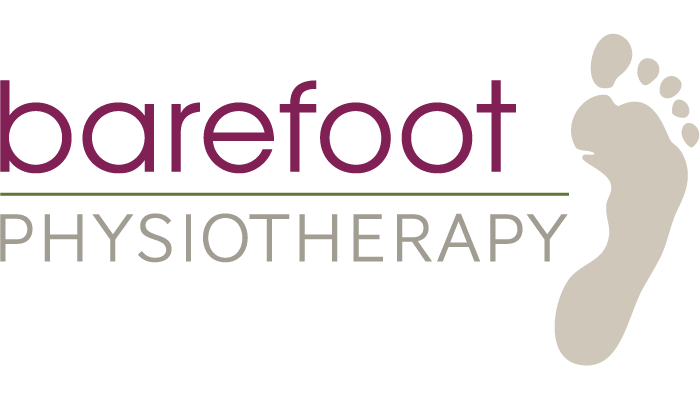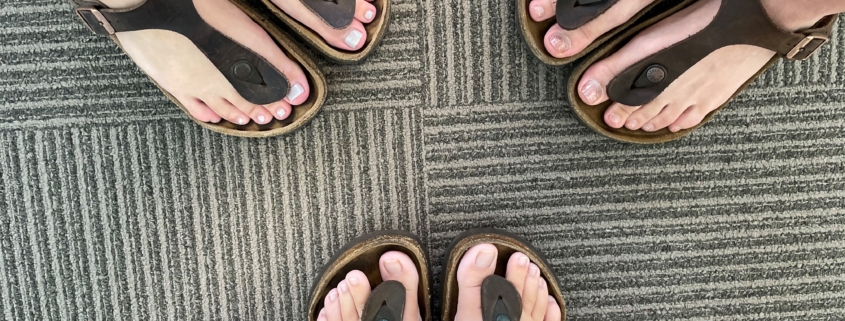Choosing the Right Shoes
What shoes should I buy? What are physio recommended shoes?
One of the most frequently asked questions in the clinic is “what shoes should I wear?”. With the options on the market ever expanding, this is a complex question influenced by a variety of factors. As with most things, there is no “best” shoe and the options are going to vary significantly depending on your personal physiotherapy/injury history and what you need from the shoe. While a shoe on its own is unlikely to cause or fix an injury, physio recommended shoes certainly can play an important role so you might as well make sure its making a positive impact!
For your day to day shoes, consider –
Are you on your feet or sitting for most of the day? It almost goes without saying – if you are on your feet for most of the day, you will likely need more support and cushioning. While more cushioning is straightforward (get the pillowy comfortable ones!), support is often overlooked. If you are standing for most of the day then it is likely your feet will get tired, so assisting your foot muscles with some passive support can help minimise injury. Look for shoes with arch support and a structured upper (ie not a soft mesh upper)
If you are looking for exercising shoes, some questions to consider:
- What is the main activity you will be doing
in them? The best shoes for lifting weight are not the same as the best
shoes for running a marathon. Lifting shoes are usually stiff, with a raised
heel to allow for maximum stability and driving through your heels when lifting
heavy. Running shoes on the other hand are usually much softer to help cushion
the impact of repetitive foot strikes. A ‘court shoe’ (no, not that kind) for
squash/netball/court sports, is usually less cushioned than a running shoe but
provides some side-to-side stability to help with changing direction.
If you have an even split of running and lifting (or lifting and squash etc) and your budget allows – you are best off getting two different pairs of shoes. If you mostly run and do some body weight strength once or twice a week then go with the running shoes! There are also some shoes out there now that do try to accommodate some running and lifting so there are plenty of options but make sure you consider what your primary purpose for the shoes are.
- How do you want your shoes to support you? Every body has its ‘weaker links’ – if one of yours is in your feet (eg your physio or podiatrist has said you could benefit from strengthening your feet and arch) the consider how your shoe might be able to support this. Likewise if you really feel the impact of running – consider a softer or more cushioned shoe (as well as a biomechanics review with your physio!)
The most important question of all is always are they comfortable? While it might take some getting used to a new shoe, if you are getting foot pain or blisters then they are not the right ones for you!
If you aren’t sure if your new shoes are right for you – bring them along to your appointment and get your physio to check them out on your body! Barefoot Physiotherapy can provide professional advice on physio recommended shoes to make sure you’re getting the most out of your footwear. Click here to book online now.








Leave a Reply
Want to join the discussion?Feel free to contribute!